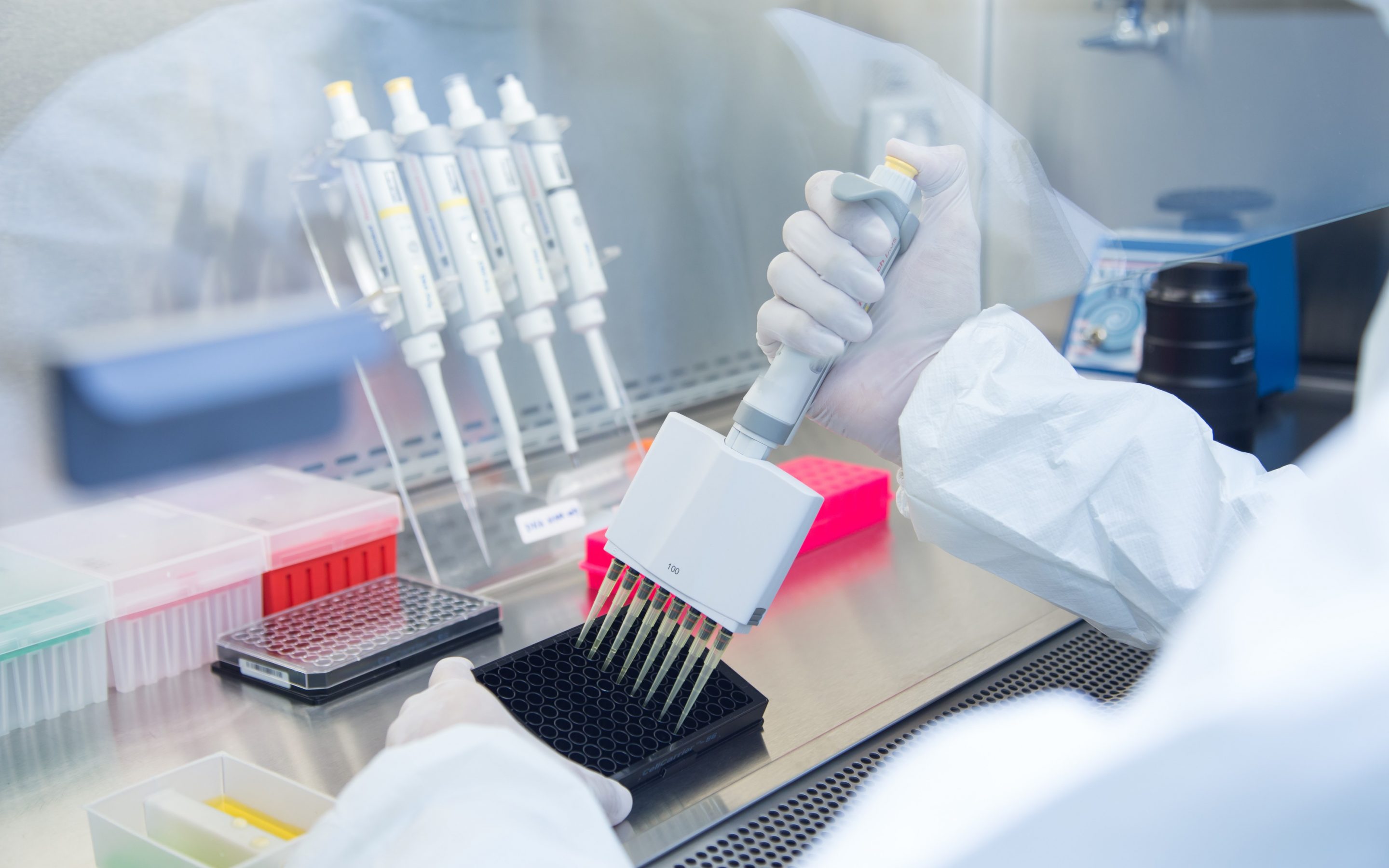What is ISO 10993?
ISO 10993 sets out a series of standards for evaluating the biocompatibility of medical devices to manage biological risk. ISO defines biocompatibility as the “ability of a medical device or material to perform with an appropriate host response in a specific application.”1 In the production and evolution of a medical device it is imperative that safety standards are met. A medical device that comes into direct or indirect contact with body tissue must be evaluated to understand the probability and severity of adverse reactions harm. Perfectus Biomed Group offer in vitro wound models and cell models that support product development and compliance:
- Biological evaluation of medical devices — Part 3: Tests for genotoxicity, carcinogenicity, and reproductive and developmental toxicity
- Biological evaluation of medical devices — Part 5: Tests for in vitro cytotoxicity
- Biological evaluation of medical devices – Part 10: Tests for irritation and skin sensitization
- Biological evaluation of medical devices — Part 23: Tests for irritation
Current version ISO 10993
There have been twelve editions of the ISO 10993 standard issued by the ISO committee, the latest version contains more stringent safety guidance and is recognised by many regulatory bodies such as the FDA and MHRA. The US FDA regulators actively expect manufacturers submitting products for use in the US to address the requirements of the standard. In May 2021, the EU announced that the Medical Device Directive (MDD) was superseded by the Medical Device Regulations (MDR). This update contained changes in device classification and an introduction of stringent requirements with a significant focus on patient safety and the minimizing of risks.
Along with more stringent regulatory requirements, submission backlogs in recent years, caused in part by the Covid-19 pandemic, has added to the challenge. Bringing a medical device to market in the current climate has meant that manufacturers have had to mitigate issues such as tougher deadlines, tighter budgets and ultimately reviewing if a prototype continues its journey to market.

In vitro testing for skin irritation
The assessment of skin irritation has typically involved in vivo and animal studies. Testing guidelines within the current edition of the ISO 10993-23 standard are hierarchically structured and facilitate the selection a test strategy that considers in vitro tests before in vivo. OECD methods have been used extensively to assess the profile of cosmetic products and are now referenced in the latest ISO 10993 standard for the assessment of medical devices. This in vitro skin irritation assessment method uses reconstructed human epidermis, which closely mimics the biochemical and physiological properties of human skin, the data from these models is being widely accepted by regulatory bodies.
Perfectus Biomed support medical device companies to navigate regulatory submissions and have extensive experience in ISO 10993 testing.
“We have been using Perfectus for many years, so we know they have a proven track record of providing quality service within commercial timelines. They continue to impress us by rapidly completing the required ISO 10993 biocompatibility testing, and this data was accepted by the MHRA without challenge.”
ISO 10993-10 contains guidelines to test skin sensitization, within this standard it states that although in vitro models exist they aren’t appropriate for medical device extracts, but more suitable to raw chemicals. However, the impact of using in vitro models for sensitization and irritation as a pretesting tool should not be underestimated. Predicting data with this pre step can be used to de-risk costly and lengthy animal studies.
Establishing a relationship with an expert laboratory is key
Engaging with an expert contract research organisation is crucial to success when navigating a medical device manufacturing process. An expert testing partner that can guide you through the standard’s testing requirements and produce robust data reports ultimately increases the regulatory submissions efficiency and effectiveness. Perfectus Biomed Group are a market leading, GLP complaint laboratory that can support your product development. Contact us for more information.
References

